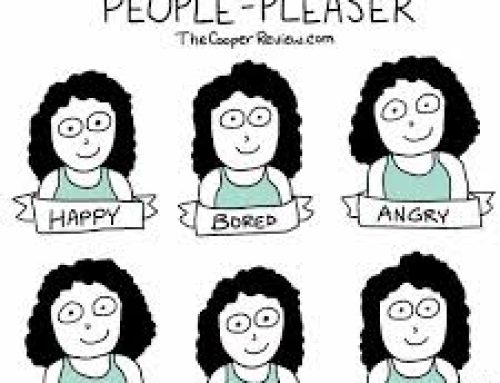Back to School Volume 2
Self Esteem
Self-Esteem is not just how we value ourselves, it also is how much we trust ourselves. Our self-esteem is based on beliefs about ourselves. If we learn not to be confident in ourselves, there can be negative consequences to our mental health. How can a lack of self confidence or chronically low self-esteem affect us?
Why is self esteem important:
Research shows higher self esteem leads to positive mental health outcomes including increased ability to cope with stress, reduced feelings of anxiety and life pressures, and improved capabilities in handling adversity. Some people believe that having high self-esteem means that they are arrogant. This isn’t necessarily true; here are some differences:
Arrogance

Arrogance is about thinking you are above others. You don’t think about how your behaviors or actions affect others. You consider yourself more important than others and think your opinions matter more than others.
Self Confidence

Self Confidence indicates trust in yourself to make good decisions. You believe in yourself to reach your goals and to overcome obstacles.
So, how do we work on building our self-esteem, or maintain it?

Alex Young is a Graduate Student Intern with the Mindly Group studying Mental Health Counseling. If you are interested in joining this group or want to learn more about Alex click here.



